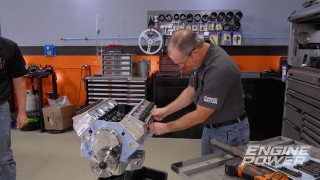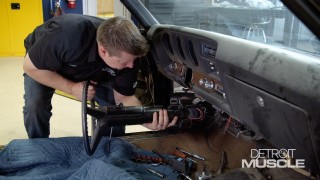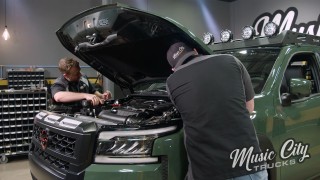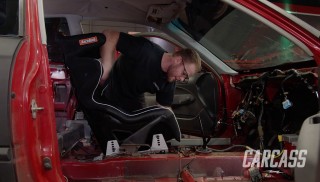Takata Airbag Recalls Affecting Over 450,000 Vehicles: Ford and Mazda Urge Immediate Action
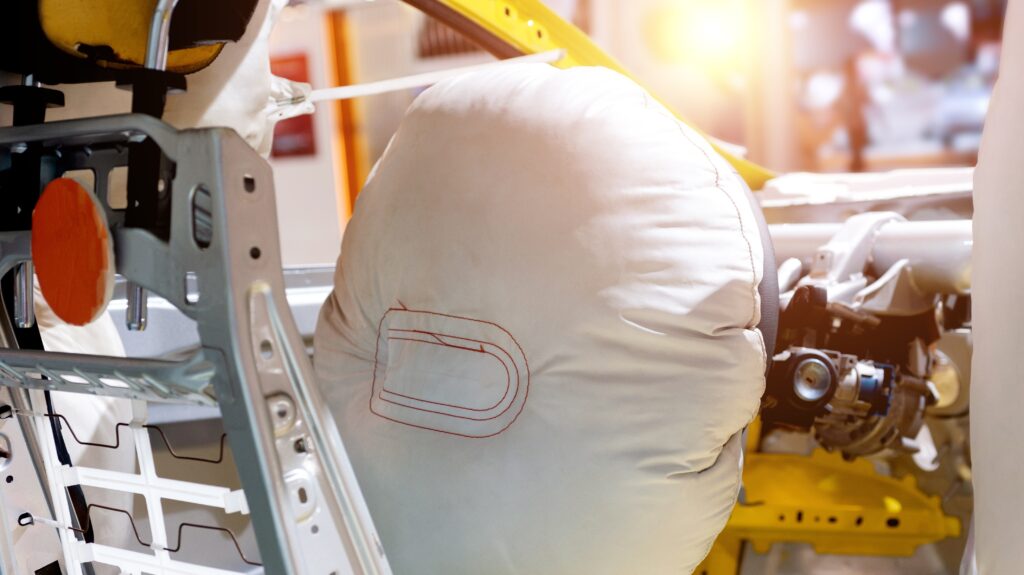
Despite years of warnings and recalls, Ford and Mazda are once again urging owners of certain vehicles to take immediate action to replace potentially deadly Takata airbag inflators. With nearly a decade passing since the initial recall, over 450,000 cars in the U.S. are still equipped with these faulty components, posing a serious risk to drivers and passengers.
Table of Contents
The Persistent Danger
Takata airbag inflators have been at the center of one of the largest automotive recalls in history, affecting millions of vehicles globally. The inflators, which can explode with excessive force, have been linked to at least 27 deaths in the United States alone. When these inflators rupture, they send metal fragments flying into the vehicle cabin, potentially causing fatal injuries.
Ford has identified approximately 374,300 vehicles in the U.S. that are still equipped with these defective inflators. Globally, that number rises to 765,600. Mazda reports an additional 83,000 affected vehicles in the U.S. Despite extensive outreach efforts, many of these cars remain on the road, prompting the automakers and the National Highway Traffic Safety Administration (NHTSA) to issue another urgent “Do Not Drive” warning.
Vehicles Affected by the Recall
Ford’s advisory covers a wide range of vehicles, including:
- 2005-2006 Ford GT
- 2005-2014 Ford Mustang
- 2006-2012 Ford Fusion
- 2006-2012 Lincoln MKZ/Zephyr
- 2006-2012 Mercury Milan
- 2007-2010 Ford Edge
- 2007-2010 Lincoln MKX
- 2007-2011 Ford Ranger
Mazda’s recall includes:
- 2004-2009 Mazda B-Series
- 2003-2013 Mazda6
- 2006-2007 MazdaSpeed6
- 2004-2011 Mazda RX-8
- 2004-2006 Mazda MPV
- 2007-2015 Mazda CX-9
These vehicles, now reaching or exceeding 20 years old in some cases, are at an increased risk of airbag inflator rupture due to the degradation of materials over time.
A Call to Action: Safety First
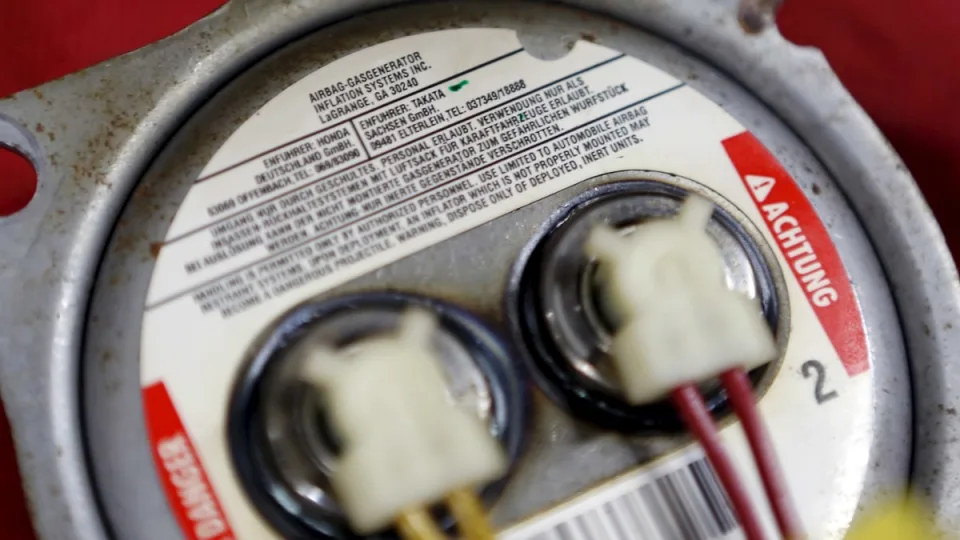
Ford and Mazda have made repeated efforts to notify vehicle owners about the dangers associated with these airbag inflators. Ford, in particular, has conducted over 121 million outreach attempts, including letters, emails, phone calls, and even door-to-door canvassing to inform customers. The automakers are offering free towing, mobile repair services, and loaner vehicles to make the repair process as convenient as possible.
The message from both companies is clear: if your vehicle is on the recall list, do not drive it until the airbag inflator has been replaced. The risks associated with continuing to drive these vehicles are too great to ignore.
Final Thoughts
The Takata airbag crisis serves as a sobering reminder of the importance of responding to vehicle advisories promptly. With lives at stake, Ford and Mazda’s renewed efforts to reach out to owners of affected vehicles underscore the severity of the situation. If your vehicle is part of this recall, do not delay—schedule your repair today.
If you’re unsure whether your vehicle is affected by the Takata airbag recall, you can easily check by entering your Vehicle Identification Number (VIN) in Ford, Mazda or NHTSA sites using: www.ford.com/support/recalls/, https://www.mazdarecallinfo.com or nhtsa.gov/recalls.
If you think your vehicle may have a safety defect that isn’t part of a current recall, contact NHTSA online or by calling the agency’s Vehicle Safety Hotline at 888-327-4236. If you or someone you know has been injured by a Takata airbag, you may have grounds to file a claim.
Follow POWERNATION on Social Media for the latest news and updates.






